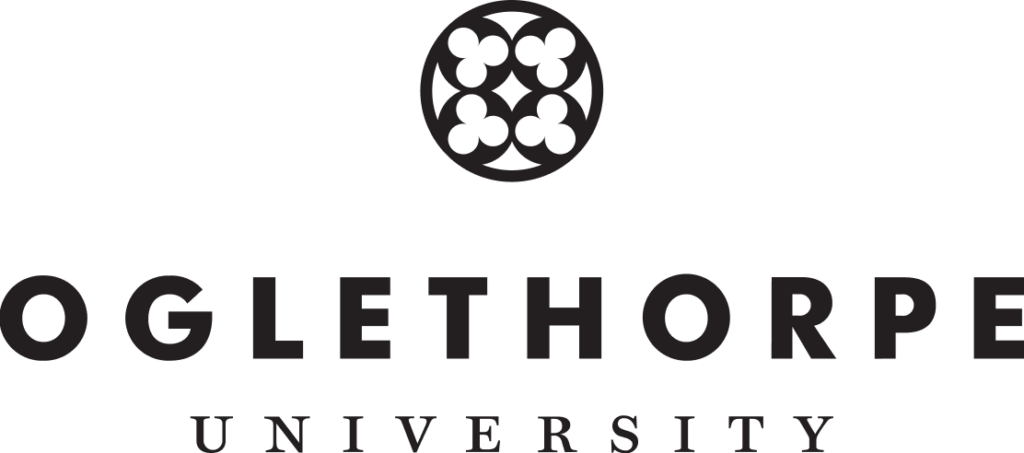Lecturer in Psychology Dr. Chris Martin recently helped publish a study on scientific censorship in Proceedings of the National Academy of Sciences, a leading international research journal.
Co-authored by leading scholars specializing in academic freedom, the study investigates the causes and consequences of obfuscating scientific discoveries.

Previous empirical studies of censorship implicate powerful officials — often government or religious leaders — as primary censors of scientific research, citing these leaders’ dogmatism or authoritarianism as key impetuses.
However, Dr. Martin’s study asserts an interesting new major source of censorship: scientists themselves.
“Scientists have been censored by religious leaders in the past and politicians in the present,” says Dr. Martin, “However, we find that scientists themselves are responsible for censoring scientific findings if those findings seem to have unsavory implications.”
Scientists censor the research findings of themselves and others for many reasons, according to the study: not wanting to incite fear; protection of vulnerable demographics; protection for one another; and avoiding public scrutiny.
The study’s findings help explain an increase in censorship policies implemented by science journals and organizations.
The full extent of such censorship cannot yet be determined — and censorship appears to be increasing. However, the study makes clear that suppression of accurate scientific information could erode public trust in science, promulgate systematic misunderstandings and negatively impact public policy.
Dr. Martin and the co-authors of the study end with a call for more transparency and accountability from scientific journals and organizations.
Dr. Chris Martin is a lecturer in psychology at Oglethorpe University, with a focus on well-being, happiness and political and moral psychology. He is also a co-founder of Heterodox Academy, a nonprofit organization committed to ensuring viewpoint diversity and intellectual freedom in academic spaces.







